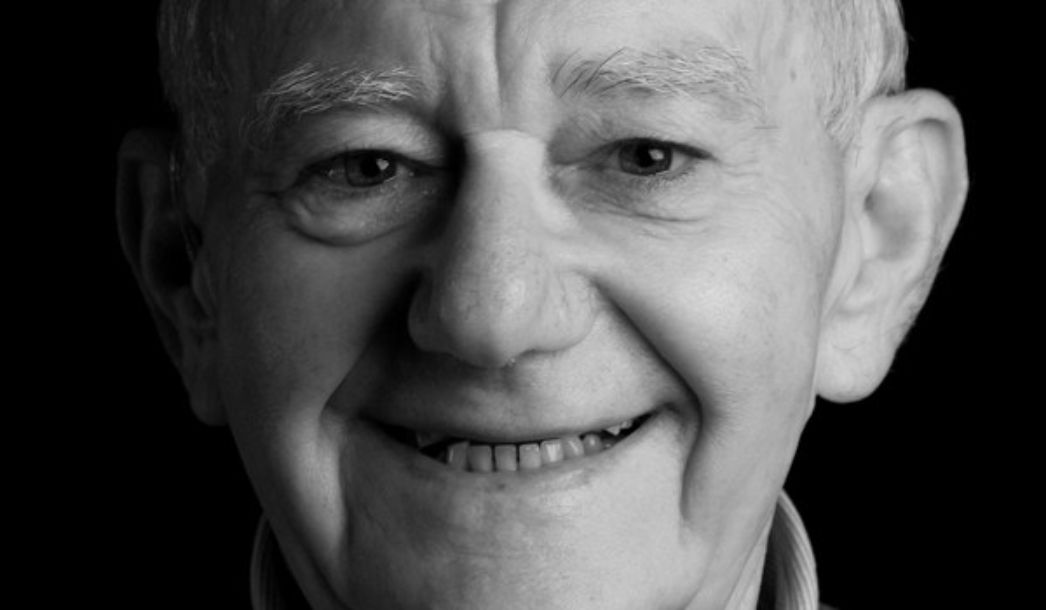
Ruthi Buchler-Chanash, daughter of Robert Büchler, in conversation with Thea Jacob.
Place: Assembly hall of the Angergymnasium, Karl-Liebknecht-Straße 87, Jena
Time: 11 April 2023, 6 pm
On the biography of Robert Jehoschua Büchler
Robert Büchler was born on 1 January 1929 in the western Slovakian town of Topoľčany. In 1944 he was deported to the Auschwitz extermination camp together with his family. He saw his mother and sister for the last time after their arrival during the selection. Because the then 15-year-old boy pretended to be older than he was, he escaped immediate murder by poison gas and had to do forced labour in various commandos. Sent on a death march during the evacuation of Auschwitz, Robert Büchler reached Buchenwald concentration camp on 23 January 1945 with a transport in an open freight car. There he was housed with hundreds of children and youths in the so-called Children's Block 66 in the "Little Camp". The inmates of this block no longer had to work and were not forced to take part in the dreaded roll calls. Still on 10 April 1945, Robert Büchler was again driven out of the camp by the SS on a death march. Three days later he managed to escape near Eisenberg.
After liberation, Robert Büchler initially returned to his hometown of Topoľčany. Of his family, only an aunt and uncle had survived the Shoah. They took Robert Büchler in temporarily. In 1949, he emigrated to Israel and founded the kibbutz "Lahavot Haviva" with around 100 young people, almost all of whom had been deported to concentration camps, where he started a family with the Auschwitz survivor Esther Herz. On the kibbutz, Robert Büchler first worked as a construction worker, then in agriculture. He then learned the trade of carpenter, which he practised for more than 20 years.
After the end of the kibbutz's construction phase, Robert Büchler studied history, contemporary Jewish history and Jewish studies in Tel Aviv and Jerusalem. Since then he has worked mainly in the "Moreshet Archives" of the "Givat Haviva Institute", a large documentation, research and teaching centre on the Holocaust and resistance. There, as director of the research institute and the archives, he was particularly involved in researching and documenting the Shoah. Robert Büchler wrote numerous essays about his experiences as well as research papers on the history of European Jews. His study on the "History and Fate of the Jewish Community of Topoľčany" appeared as early as 1976. This was followed in 1984 by his "Brief Survey of Jewish History in the Territory of Slovakia". He collaborated several times on editions of the "Dachauer Heften" edited by Wolfgang Benz and Barbara Distel.
Robert Büchler's life's work is the history of Kinderblock 66 in Buchenwald concentration camp and its inmates. As early as the mid-1980s, he contacted the then Buchenwald National Memorial, which for decades had paid little attention to the history of the small camp. Even before the collapse of the GDR, Robert Büchler made his memorial report on Block 66 available to the memorial archive - the first ever on this subject. Until the end, Robert Büchler researched worldwide for former fellow prisoners from this block. In Israel he organised several meetings of survivors.
In addition, Robert Büchler was active in national and international organisations. For many years he was involved in the "Public Committee of Auschwitz Survivors" and in the peace movement "Peace Now". Since 1995 he was a member of the prisoners' advisory board of the Buchenwald and Mittelbau-Dora Memorials Foundation. Until his death, he was the longest-serving member of the International Committee Buchenwald-Dora and Commandos, to which he had belonged since the early 1960s.
On 8 April 2009, Robert Büchler was honoured with the Order of Merit of the Free State of Thuringia for his lifelong work of remembrance and reconciliation.

